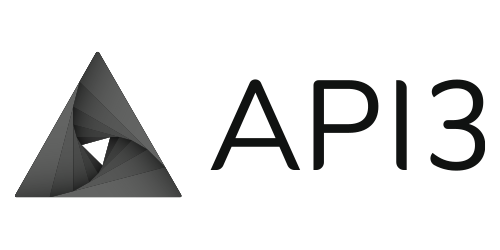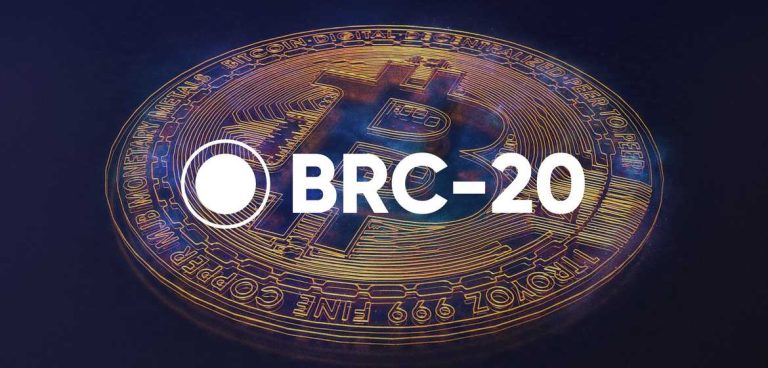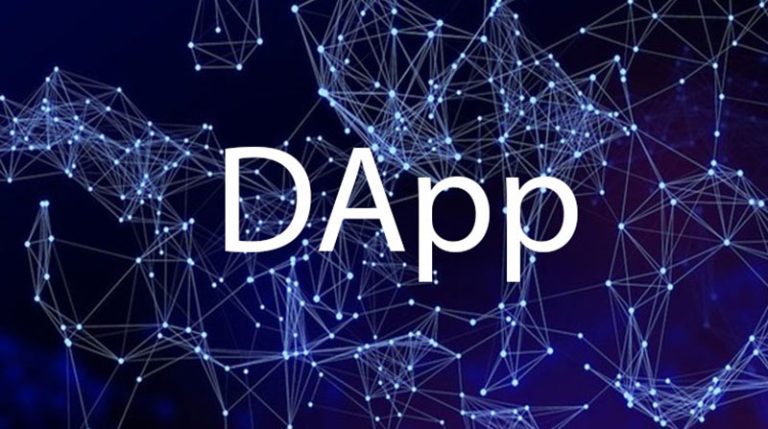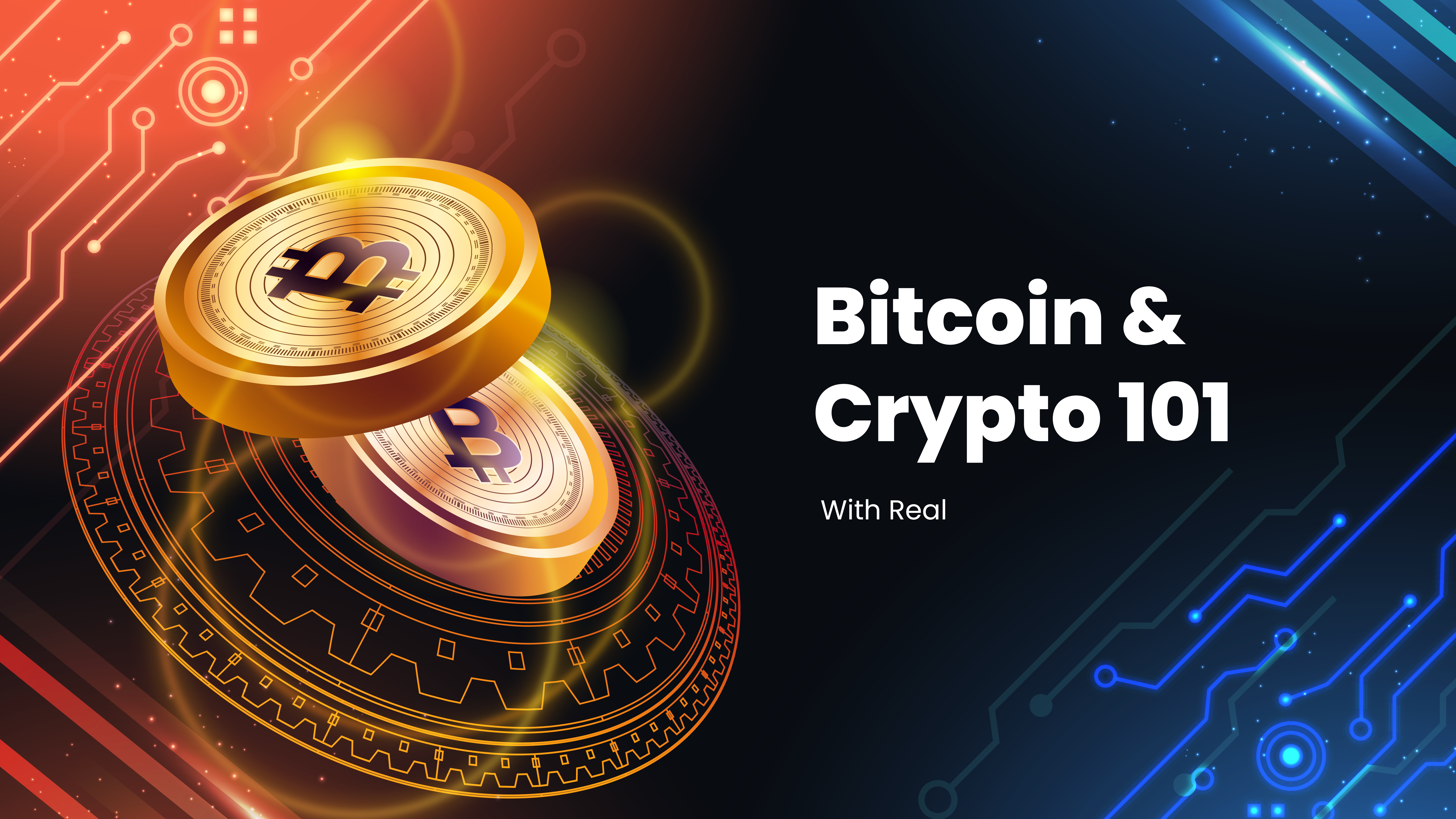Introduction
API3 emerges as a groundbreaking decentralized oracle network, bridging the chasm between off-chain data and on-chain applications. It empowers developers to craft more robust and secure decentralized applications (dApps) by delivering real-world data directly to smart contracts.
Overview
API3’s pioneering architecture revolves around the concept of Airnodes, decentralized oracle nodes that seamlessly bridge smart contracts with off-chain data sources. These Airnodes, operated by a network of trusted data providers, serve as intermediaries, fetching and relaying real-world data directly to smart contracts, enabling developers to build robust and data-driven applications.
Airnodes operate as decentralized oracle nodes, seamlessly connecting smart contracts to off-chain data sources. These self-managed nodes, operated by a network of trusted data providers, serve as intermediaries, fetching real-world data and relaying it directly to smart contracts, empowering developers to build robust and data-driven applications.
API3’s innovative architecture eliminates the reliance on third-party intermediaries by empowering data providers themselves to operate Airnodes. This direct approach streamlines data access, ensuring the trustworthiness and accuracy of the data being fed into smart contracts. By placing data ownership and management directly in the hands of data providers, API3 fosters a transparent and secure data ecosystem.
API3 employs a unique crypto-economic guarantee mechanism that incentivizes data providers to maintain the highest standards of data quality and availability. This mechanism aligns the interests of data providers with those of smart contract developers and users, ensuring that only reliable and accurate data is fed into the network. By rewarding data providers for their contributions, API3 promotes a virtuous cycle of data excellence, fostering trust and confidence among network participants.
API3’s decentralized governance structure, embodied by a decentralized autonomous organization (DAO), empowers API3 token holders to shape the network’s future. Token holders can actively participate in the governance process by staking their tokens, gaining voting rights on proposals related to protocol development, fee structure, and data provider selection. This token-based governance model fosters a strong sense of community ownership and ensures that the network’s evolution aligns with the interests of its stakeholders.
API3 aspires to establish itself as a cornerstone of decentralized application (dApp) development across diverse domains, including DeFi, gaming, and insurance. By providing a scalable, secure, and reliable infrastructure for Web3 APIs, API3 empowers developers to build robust and data-driven dApps that foster innovation and growth within the blockchain ecosystem.
Background
The seeds of API3 were sown in 2018 when co-founders Heikki Väliniemi and Yaniv Malinovsky recognized the transformative potential of decentralized oracle networks in the burgeoning DeFi space. Existing centralized oracles were hindered by inherent limitations, such as single points of failure and susceptibility to manipulation. Väliniemi and Malinovsky envisioned a decentralized oracle solution that would overcome these shortcomings and establish a more secure, reliable, and transparent foundation for data connectivity in the DeFi ecosystem.
As the API3 concept matured and gained momentum, the API3 Foundation emerged in 2019 to provide unwavering guidance and support to the network’s development and governance. This passionate and dedicated body, composed of industry experts and community leaders, assumed the responsibility of ensuring API3’s continued growth and alignment with its core principles.
The year 2020 marked a watershed moment in API3’s evolution with the introduction of the API3 token (API3), a native token that heralded a new era of community-driven governance. Beyond serving as an incentive for network participation, the API3 token became a powerful tool for fostering transparent and inclusive governance processes. This empowering development enabled the API3 community to assume a central role in shaping the network’s trajectory, ensuring that its growth and development aligned with the shared vision and values of its stakeholders.
In 2021, the world witnessed a pivotal moment in the evolution of decentralized data connectivity with the official deployment of the API3 mainnet.
As 2022 progressed, API3 continued to cement its position as a frontrunner in the realm of decentralized oracle solutions. Through carefully crafted strategic partnerships with prominent DeFi protocols and exchanges, API3 expanded its reach and adoption, enabling its unrivalled data feeds to serve as the lifeblood of the DeFi ecosystem’s growth and innovation.
Tokenomics
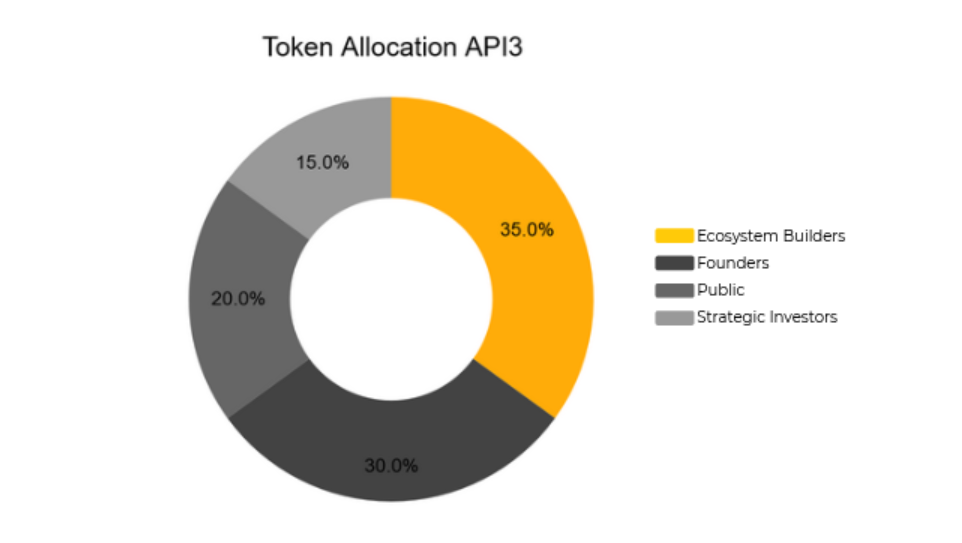
The API3 tokenomics model is meticulously crafted to incentivize network participation, facilitate transparent and inclusive governance processes, and foster the long-term growth and development of the API3 ecosystem. The network’s native token, API3, serves as the cornerstone of this model, driving its effectiveness and alignment with the network’s overarching goals.
Token Distribution
The total supply of API3 tokens is 126,534,912. The initial distribution of these tokens was as follows:
– Private/Pre-sale: 15,000,000 (11.85%)
– Public sale: 20,000,000 (15.81%)
– Founders: 30%
– Ecosystem fund: 25%
– Public: 20%
– Partners & Contributors: 10%
– Other: 15%
Token Utility
API3 tokens fulfill multiple roles within the network:
– Staking: By staking their API3 tokens, token holders can participate in the network’s governance and earn rewards.
– Governance: Staked API3 tokens entitle holders to voting rights on governance proposals concerning protocol development, fee structure, and data provider selection.
– Data Provider Incentives: Data providers receive rewards in API3 tokens for furnishing reliable and high-quality data feeds.
– Potential Network Fees: API3 tokens have the potential to be used for network fees in the future.
Intentions of the Tokenomics Mechanism
The API3 tokenomics structure strives to attain the following targets:
– Incentives Harmonization: The API3 tokenomics model strives to align the interests of all network participants, ensuring that the network operates in a manner that benefits all stakeholders.
– Enhancing Participation: The API3 tokenomics model promotes active participation in the network, drawing a diverse range of stakeholders to contribute to its growth and development.
– Decentralization Enabled: The API3 tokenomics model enables API3 token holders to participate in governance and decision-making processes, fostering a genuinely decentralized ecosystem.
– Sustained Growth Engine: The API3 tokenomics model serves as a sustainable growth engine for the API3 ecosystem, providing a mechanism for continuous funding and innovation.
The use cases of the API3 token
– Staking Mechanism: API3 token holders can stake their tokens to actively engage in network governance and earn rewards. Staked API3 tokens grant holders voting rights on governance proposals related to protocol development, fee structure, and data provider selection. By staking their tokens, holders contribute to the network’s security and earn rewards for their involvement.
– Risk Mitigation Tool: API3 tokens serve as a risk mitigation tool for dAPI users, offering protection against financial losses arising from dAPI malfunctions. API3 stakers play a crucial role in safeguarding the network by providing oracle users with security insurance, covering potential financial losses caused by oracle malfunctions. Stakers are incentivized to participate in the network’s security by earning staking rewards in the form of API3 tokens.
– Capital Access Enabler: API3 tokens serve as collateral for dAPI loans, enabling dAPI developers to access necessary capital without the need to sell their tokens.
– Subscription Fee Mechanism: API3 tokens facilitate the payment of dAPI subscriptions, granting users access to valuable data and services offered by dAPI providers.
– Decision-Making Mechanism: API3 token holders wield the power to influence the network’s trajectory by casting their votes on governance proposals. This empowers holders to actively shape the future of the API3 ecosystem.
Beyond the core use cases, API3 tokens offer additional avenues for value creation and network growth such as:
– Data Provider Compensation: API3 tokens serve as a means to incentivize and reward data providers for delivering reliable and high-quality data feeds, fostering a robust data ecosystem.
– Potential Network Fees: API3 tokens may play a role in facilitating network fees in the future, further supporting the network’s infrastructure and operations.
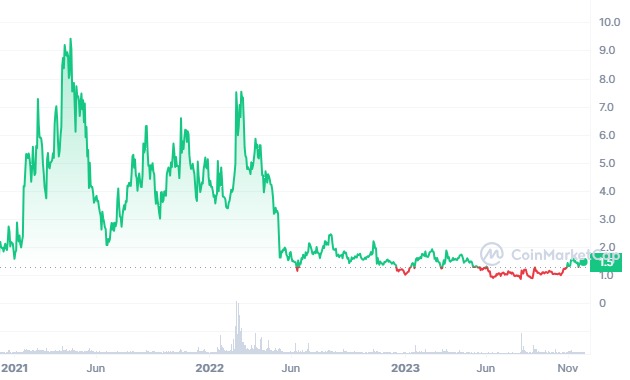
Features and Functionality
- Distributed Data Integrity: API3 employs a distributed network of data providers, eradicating the single point of failure inherent in traditional oracle systems. This decentralized architecture safeguards data feeds against tampering and ensures their reliability.
- Token-Driven Alignment: API3 token holders can stake their tokens to participate in network governance and earn rewards, establishing an incentivized mechanism for data providers to uphold high levels of accuracy and reliability.
- Fortified Data Transmission: API3 harnesses advanced cryptographic techniques to shield data feeds from unauthorized access and manipulation. This robust security mechanism ensures that data remains uncorrupted and accessible only to authorized parties.
- Tailored Data Access: API3 empowers users to access specific data points or entire datasets, catering to a diverse range of use cases and fostering adaptability.
- Transparent Development: API3’s open-source code fosters trust and community engagement by enabling anyone to scrutinize and contribute to its development.
Advantages of API3
- API3 boasts inherent scalability, seamlessly supporting multiple blockchains and data sources without the need for bridges or intermediaries
- API3 guarantees data trustworthiness and tamper-proofness by employing a crypto-economic incentive mechanism and a decentralized network of nodes to rigorously validate data quality and accuracy.
- API3 simplifies API integration with its crypto-free Web3 API gateway, Airnode, enabling seamless data connectivity between API providers and decentralized applications with minimal effort and expense.
- API3 empowers API providers with a diverse range of monetization options, including subscription-based and usage-based pricing models, fostering a flexible revenue generation framework.
- API3 underpins data reliability through a crypto-economic guarantee mechanism, leveraging a staking system where API3 token holders can stake their tokens to vouch for data feeds’ accuracy. In the event of faulty or malicious data feeds, stakers forfeit their staked tokens as a penalty.
- API3 effectively addresses Oracle Extractable Value (OEV), a front-running attack that exploits the time delay between the oracle and the smart contract. Their comprehensive OEV solution utilizes a combination of cryptographic proofs, economic incentives, and governance mechanisms to safeguard against OEV attacks and guarantee fair and accurate data delivery.
Risks and Challenges
- Data Integrity Assurance: API3’s decentralized network of data providers necessitates rigorous measures to safeguard data quality and reliability. Maintaining consistently high standards of accuracy among all data providers is paramount for the protocol’s credibility and fostering user trust.
- Tokenomic Viability: API3’s long-term success hinges on the sustainability of its tokenomics model. Striking a delicate balance between incentivizing data providers and maintaining the overall value of the API3 token is crucial for fostering a healthy ecosystem.
- Widespread Adoption: Broad acceptance of the API3 protocol is paramount for its long-term success. Persuading developers and users to incorporate API3 into their applications necessitates compelling demonstrations of its superiority over existing solutions.
- Enduring Viability: API3’s long-term viability hinges on its ability to cultivate sustainable revenue streams, attract new users, and preserve its competitive edge. Establishing robust revenue models and building a thriving user base will be pivotal to its success.
- Governance Efficacy: API3’s long-term trajectory will be shaped by the effectiveness of its governance model, in particular its ability to make informed decisions and adapt to evolving market dynamics. Establishing a framework of fair and transparent governance will be essential for the protocol’s success
- Ecosystem Health: A flourishing ecosystem of developers, data providers, and users is paramount for API3’s long-term success. Nurturing a vibrant community and fostering collaboration will be essential for the protocol’s growth and sustainability.
How the API3 Network Address Challenges
API3 ensures data quality and reliability through a multi-faceted approach:
- Rigorous Data Provider Vetting: API3 meticulously evaluates and selects data providers based on stringent criteria, ensuring their ability to deliver high-quality data.
- Multi-Layered Data Quality Checks: API3 implements multiple data quality checks, including data freshness, consistency, and plausibility checks, to maintain data integrity.
- Incentivized Data Reputation System: API3 incorporates a reputation system that assigns weights to data providers based on their performance history, incentivizing them to maintain high standards.
- API3 ensures the long-term sustainability of its tokenomics model by:
- Balancing Incentives: API3 carefully balances incentives for data providers and token holders to maintain a healthy ecosystem.
- Responsible Treasury Management: API3 implements a responsible treasury management strategy to allocate funds for protocol development and ecosystem growth.
- Community-Driven Governance: API3 actively involves the community in governance decisions, ensuring transparency and alignment with stakeholder interests.
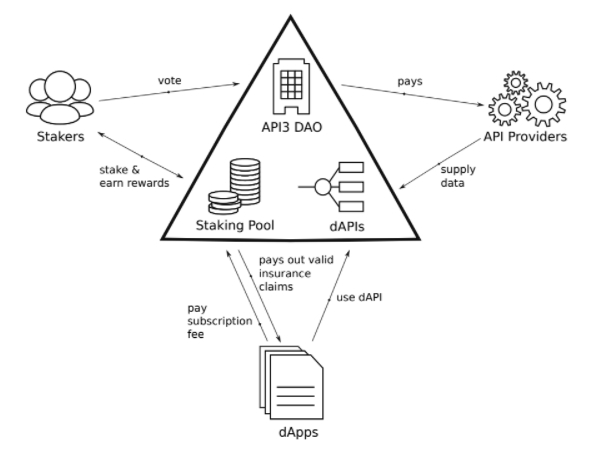
How The API3 Network is Secured
API3 employs the AirnodeRrpV0 protocol, an open-source smart contract that bridges off-chain data sources and smart contracts on the Ethereum blockchain. AirnodeRrpV0 forms the backbone of API3’s decentralized oracle network, facilitating secure and reliable data delivery to smart contracts.
Its robustness and security stem from key features like data source registration, request queuing and data aggregation, cryptographic verification, economic incentives, decentralized data aggregation, and governance mechanisms. AirnodeRrpV0 is instrumental in API3’s ability to provide secure and reliable data feeds for decentralized applications.
API3’s protocol incorporates the concept of decentralized APIs (dAPIs), which aggregate data from multiple Airnodes, API3’s serverless oracle nodes. Each data provider, or Airnode, contributes their data point, and the final data value is calculated using a weighted median algorithm. This algorithm assigns greater weight to data providers with a proven track record of accuracy and a higher stake in the API3 ecosystem.
Conclusion
API3 stands out as a decentralized oracle network that seamlessly connects off-chain data sources with smart contracts residing on the blockchain. It provides a robust and dependable data infrastructure for decentralized applications (dApps) by utilizing a network of data providers known as Airnodes. These Airnodes meticulously gather data from diverse off-chain sources, encompassing price feeds, weather data, and sports scores, and subsequently deliver it to smart contracts in a tamper-proof fashion.
API3’s revolutionary decentralized oracle solution effectively tackles the inherent limitations of traditional oracles, such as susceptibility to manipulation, reliance on centralized entities, and lack of transparency. By providing a secure, reliable, and decentralized data infrastructure, API3 empowers developers to build truly data-driven and trustless decentralized applications (dApps).
Sources:
https://api3.org/
https://docs.api3.org/
https://api3.org/airnode/
https://www.gate.io/learn/articles/what-is-api3/557
https://cryptorank.io/price/api-3/vesting
